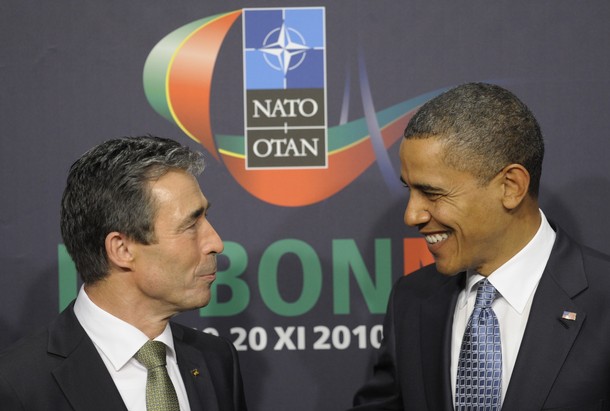
From Nathaniel Fick and John Nagl, the New York Times: It is hard to tell when momentum shifts in a counterinsurgency campaign, but there is increasing evidence that Afghanistan is moving in a more positive direction than many analysts think. It now seems more likely than not that the country can achieve the modest level of stability and self-reliance necessary to allow the United States to responsibly draw down its forces from 100,000 to 25,000 troops over the next four years. …
A significant shift of high-tech intelligence resources from Iraq to Afghanistan, initiated by Gen. Stanley McChrystal, the former top commander, is also having benefits. The coalition led by the United States and NATO has been able to capture or kill far more Taliban leaders in nighttime raids than was possible in the past.
The United States certainly can’t kill its way to victory, as it learned in Vietnam and Iraq, but it can put enough pressure on many Taliban fighters to encourage them to switch their allegiance, depriving the enemy of support and giving the coalition more sources of useful intelligence. …
The first is uncertainty about how long America and its allies will remain committed to the fight. The question is still open, but President Obama and the NATO secretary general, Anders Fogh Rasmussen, have effectively moved the planned troop withdrawal date from July 2011 to at least 2014, with surprisingly little objection. Congress and the American public seem to have digested without a murmur the news that far fewer troops will be withdrawn in 2011 than will remain. NATO is not collapsing because of Afghanistan. In fact, the International Security Assistance Force continues to grow, with one-quarter of the world’s countries on the ground in Afghanistan with the United States. …
Not since the deterioration in conditions in Iraq that drew our attention away from Afghanistan have coalition forces been in such a strong position to force the enemy to the negotiating table. We should hold fast and work for the day when Afghanistan, and our vital interests there, can be safeguarded primarily by Afghans.
That day is coming, faster than many Americans think.
Image: getty%202%2021%2011%20Rasmussen%20Obama.jpg
